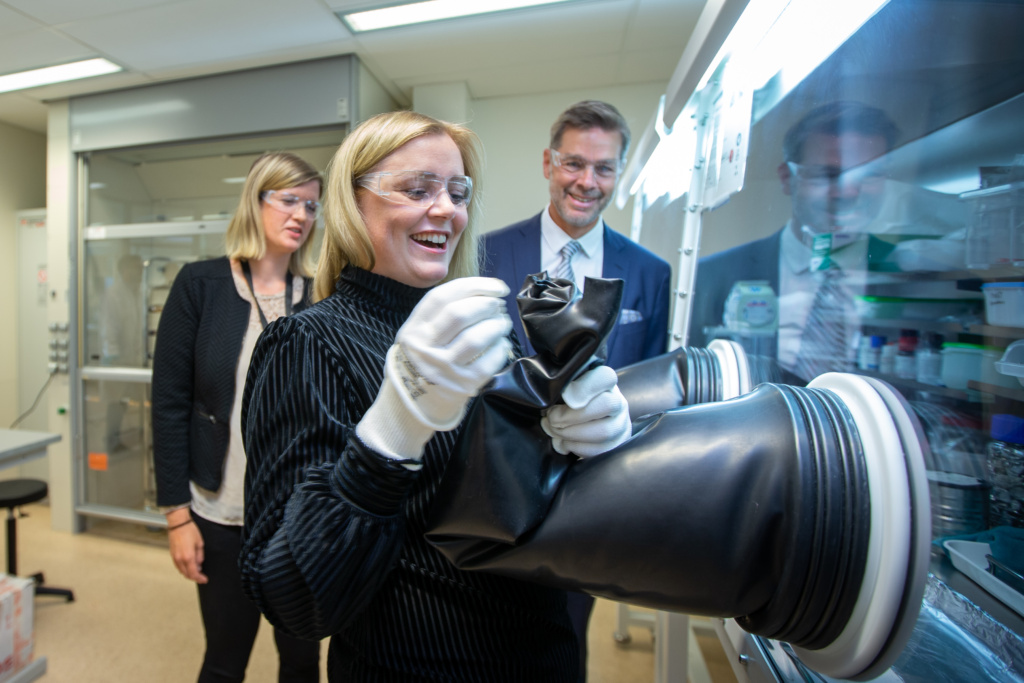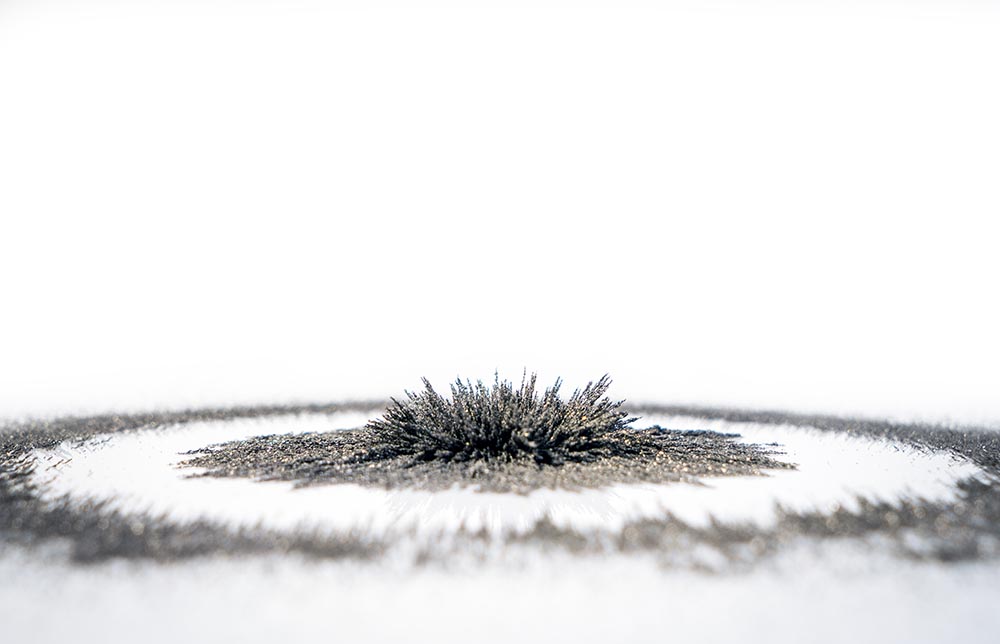REFINE addresses the needs for providing new permanent magnets for smaller, lighter and more energy efficient electric devices, and accelerating the transition from fossil fuels to renewable energy sources and adoption of zero-emission transport modes. In addition to the low-cost of the constituent elements, processing and manufacturing conditions considered in this proposal fulfill the requirements of scalability, eco-efficiency and cost-effective implementation.
The worldwide market of permanent magnets is expected to be almost 30 billion EUR by 2020 and has an 8% annual increase predicted for the next five years. Almost two-thirds of the global market is ascribed to sales of RE-based magnets alone. A RE-free magnet alternative with abundant, low-cost elements can therefore have a potentially huge impact from the socioeconomic perspective. Its successful development can satisfy the increasing demand of high-performing PMs to be used within green and environment-friendly technologies.
REFINE addresses to two of the most pressing societal challenges as stated by the EU, i.e. clean and efficient energy and green transport by accelerating the transition from fossil fuels to renewable energy sources and adoption of zero-emission transport modes. The project will contribute to solve the EU dependency of REs with an immediate impact on the energy and electricity industry (price volatility of of REs for manufacturing PMs for wind turbines is a bottleneck), as well as in the transport industry (the demand for PMs in electric motors powering plug-in electric vehicles is expected to grow).
The project will be managed by IFE with contributions from partners at Fundacion IMDEA Nanociencia and Institute of Physics, Slovak Academy of Sciences, IPSAS.
The project is funded by the Research Council of Norway’s NANO 2021 program with a total budget NOK 8.85 million, of which NOK 7.8 million to IFE. The NANO2021 programme provides funding for research and innovation on microtechnology, nanotechnology and advanced materials. Activities to develop knowledge and technology are primarily targeted towards renewable energy, reduced negative impacts on the environment and climate, improved health and medical technology, and sustainable utilisation of natural resources.
Related news
-

15. April 2021
Great opportunity for young researchers! Interdisciplinary school on materials for hydrogen generation will kick off on May 5th.
Due to the COVID situation, all sessions will be held online, which ensures a great…
-

2. September 2020
IFE’s new Battery Development Laboratorium opened by the Norwegian Minister of Petroleum and Energy
For a number of years, IFE has had nationally leading infrastructure and facilities for…

